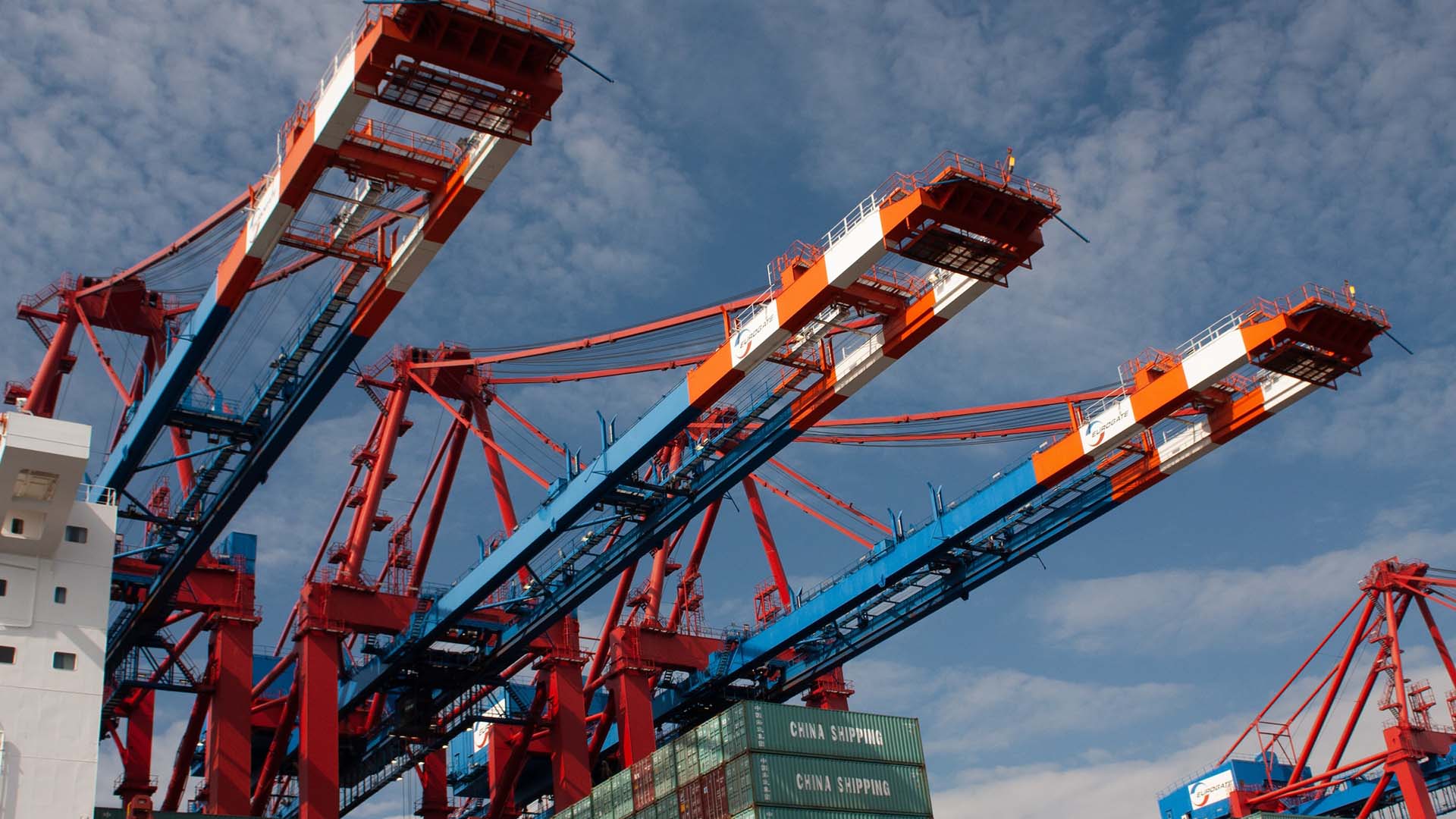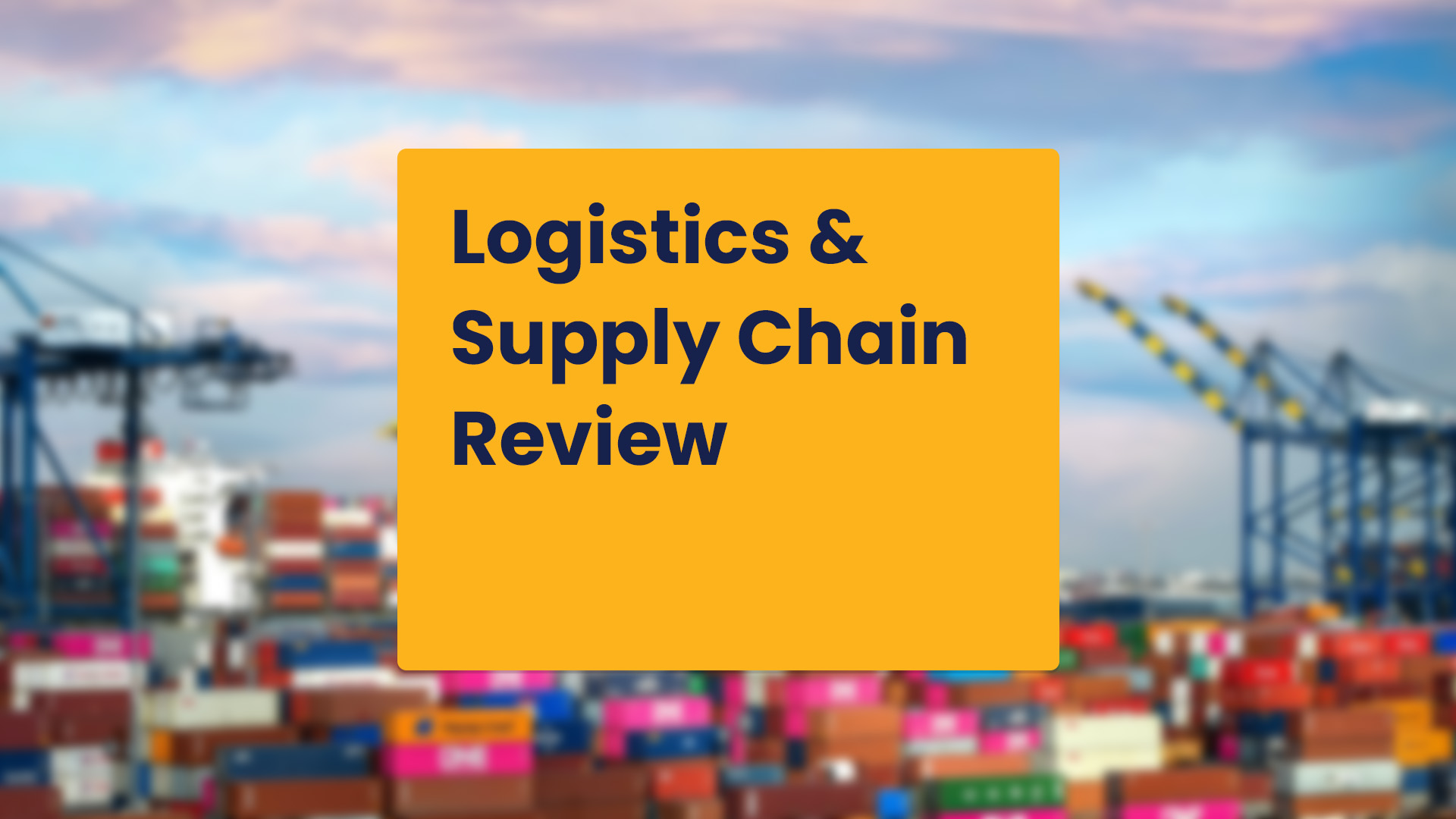Logistics Risk Management: What It Is, Types, and Implementation
The article "Logistics Risk Management: What It Is, Types, and Implementation" from Inbound Logistics emphasizes the critical role of risk management in modern supply chains. As global supply chains become increasingly complex and interconnected, they are more susceptible to disruptions that can significantly impact business operations.Inbound Logistics+3Inbound Logistics+3Inbound Logistics+3
Key Points:
-
Definition and Importance: Logistics risk management involves identifying, assessing, and mitigating potential risks that could disrupt the supply chain. Effective risk management ensures business continuity and minimizes losses by proactively addressing vulnerabilities.
-
Types of Risks:
-
Operational Risks: Issues such as equipment failures, labor disputes, or transportation delays that can hinder daily operations.
-
Financial Risks: Fluctuations in currency exchange rates, credit risks, or economic downturns affecting financial stability.
-
Strategic Risks: Long-term decisions like entering new markets or changing suppliers that may have unforeseen consequences.
-
Compliance Risks: Violations of laws, regulations, or standards leading to legal penalties or reputational damage.
-
Environmental Risks: Natural disasters or pandemics that can cause significant supply chain disruptions.
-
-
Implementation Strategies:
-
Risk Identification: Continuously monitor and identify potential risks throughout the supply chain.
-
Risk Assessment: Evaluate the likelihood and impact of identified risks to prioritize mitigation efforts.
-
Mitigation Planning: Develop strategies to reduce or eliminate the impact of risks, such as diversifying suppliers or investing in technology.
-
Continuous Monitoring: Regularly review and update risk management plans to adapt to changing circumstances.
-
By integrating these practices into daily operations, companies can enhance their resilience against disruptions, protect their reputation, and maintain customer satisfaction.
Tariff pause brings little relief as supply chain uncertainty remains intact
The article from Logistics Management titled "Tariff Pause Brings Little Relief as Supply Chain Uncertainty Remains Intact" discusses the limited impact of a 90-day tariff suspension on alleviating ongoing supply chain challenges. Despite the temporary halt on reciprocal tariffs, a baseline 10% tariff persists, and the broader issues affecting global trade and logistics remain unresolved.
Key Points:
-
Limited Relief from Tariff Pause: The 90-day suspension of certain tariffs has not significantly eased the pressure on supply chains. The continued presence of a 10% baseline tariff means that many of the cost burdens and operational complexities for businesses remain.
-
Persistent Supply Chain Challenges: Companies continue to grapple with issues such as port congestion, labor shortages, and transportation bottlenecks. These problems are compounded by the uncertainty surrounding future trade policies and potential tariff reinstatements.
-
Business Uncertainty: The temporary nature of the tariff pause leads to hesitancy among businesses in making long-term decisions regarding sourcing, inventory management, and investment. The lack of clarity on future trade relations contributes to a cautious approach in supply chain planning.
In summary, while the tariff pause offers a brief respite, it falls short of providing substantial relief to the ongoing supply chain disruptions. Businesses remain cautious, emphasizing the need for more comprehensive and long-term solutions to address the complexities of global trade and logistics.

Donald Trump's administration to overhaul US semiconductor export policy amid flood of AI chip deals in Saudi, UAE
The article from Livemint discusses a significant shift in U.S. semiconductor export policy under the Trump administration, focusing on the relaxation of restrictions for AI chip exports to Middle Eastern countries, notably Saudi Arabia and the United Arab Emirates (UAE).
Key Points:
-
Policy Reversal: The Trump administration is overturning previous export controls that limited the sale of advanced AI chips, such as Nvidia's A100 and H100, to certain Middle Eastern nations. These controls were initially implemented due to concerns over potential technology transfer to China.
-
Strategic Deals: The policy change facilitates substantial deals between U.S. semiconductor companies (like Nvidia and AMD) and Middle Eastern entities. For instance, Saudi Arabia's Public Investment Fund has launched an AI initiative named "Humain," aiming to procure hundreds of thousands of high-performance chips to bolster its AI infrastructure.
-
Economic Implications: These developments are expected to generate significant revenue for U.S. tech firms. Analysts estimate that such sovereign AI projects could contribute up to $50 billion annually to the global AI infrastructure market.
-
Geopolitical Considerations: While the policy shift opens new markets for U.S. companies, it also raises concerns about the potential for advanced technologies to be accessed by adversarial nations through third-party countries. The administration's approach emphasizes case-by-case approvals to mitigate such risks.
In summary, the Trump administration's overhaul of semiconductor export policies marks a strategic move to strengthen economic ties with Middle Eastern allies and capitalize on the growing demand for AI technologies, while attempting to balance national security considerations.
Get more articles like this in your inbox
Sign up for our monthly newsletter
Find more articles



